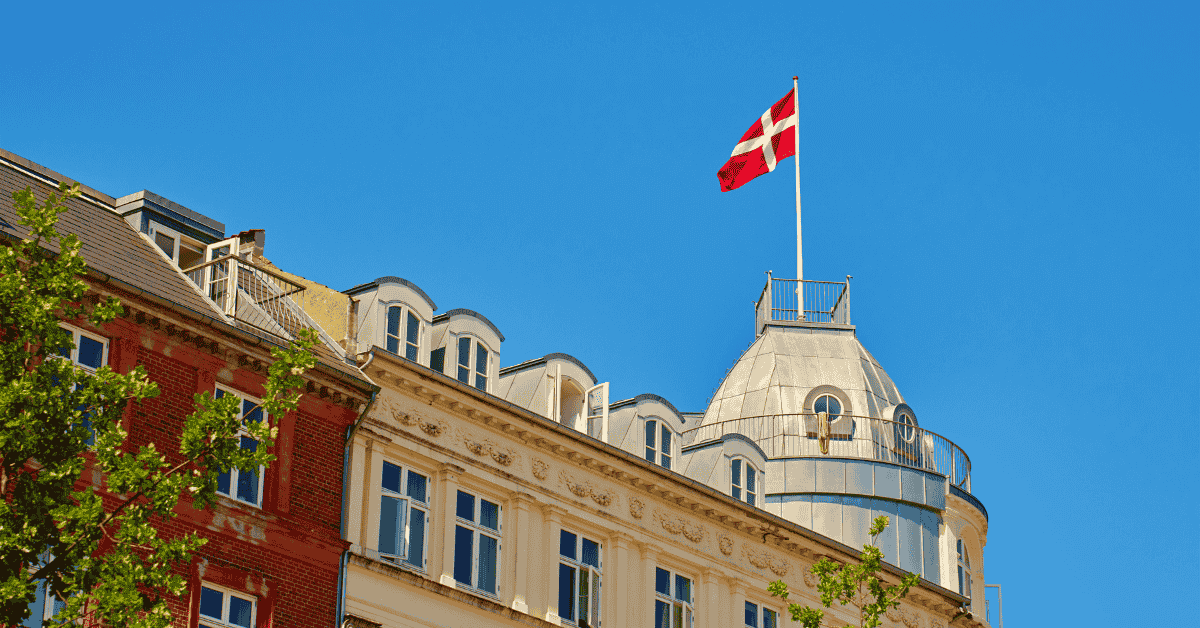Four center-right opposition parties in Denmark have pledged to reinstate Great Prayer Day as a public holiday if they gain a parliamentary majority following the next election. However, the Liberal Party, currently in government, is firmly opposed to the idea of bringing back the Danish public holiday. Great Prayer Day was a Danish public holiday only celebrated in Denmark.
Center-Right Opposition Pushes to Bring Back Danish Public Holiday
Just before hosting a joint political convention in the city of Fredericia, Denmark’s four main center-right opposition parties – Liberal Alliance, the Denmark Democrats, the Conservative People’s Party, and the Danish People’s Party – announced a united front to restore the public holiday known as Great Prayer Day. The groups argue that if they succeed in forming a right-wing majority after the next general election, the traditional day off should return to the calendar.
Great Prayer Day, historically observed on the fourth Friday after Easter and one of Denmark’s public holidays, was abolished by Denmark’s current government in 2023. The decision, spearheaded by the Social Liberal (S), Liberal (V), and Moderates (M) coalition, turned the day into a regular workday starting that year.
Financial Justification Behind the Abolition of Danish Public Holiday
The government’s motivation for scrapping the holiday was grounded in economic reasoning. By eliminating Great Prayer Day, officials projected an increase of approximately 3 billion Danish kroner (roughly $430 million) in annual revenue and estimated the move would add 8,000 people to the workforce. These funds were earmarked in part to cover increased national defense spending amid rising geopolitical tensions in Europe.
However, opposition parties now argue that the original justification no longer holds. With Denmark’s fiscal room expanding significantly since 2023, they claim that the financial rationale has collapsed. They accuse the government of making the decision under false pretenses and believe the public deserves the day off once more.
Growing Pressure on the Liberal Party
A key question moving forward is whether the Liberal Party, currently in a governing coalition and politically distanced from its traditional center-right allies, would support the move to bring Great Prayer Day back. The Conservative Party remains optimistic that the Liberals might change their position, especially under shifting public and political pressure.
However, the Liberal Party has made it clear that they stand by the original decision. They argue that focusing on increased labor participation strengthens Denmark’s economy and that reintroducing the holiday would be an irresponsible reversal. By their account, the country needs more productivity, not less, if it is to continue meeting economic challenges.
A Change of Heart Among the Opposition
Interestingly, Liberal Alliance had initially supported the government’s decision to abolish the holiday or at least considered it a non-issue. In 2023, the party said the decision should be left to negotiations between labor unions and employers rather than be a political mandate. However, this year, the party seems to have reconsidered its stance and joined the broader opposition push.
This realignment signals a strengthening alliance among the four parties on the right. While none of them have made the restoration of Great Prayer Day a non-negotiable demand for forming a future government, they agree collectively that the issue has symbolic and political importance. Their shared stance signals to voters a commitment to balance economic efficiency with cultural traditions.
Public Support and the Broader Political Landscape
According to an Epinion poll conducted in 2023 for Denmark’s national broadcaster DR, 71 percent of Danes support reinstating Great Prayer Day. This strong public sentiment cuts across party lines and has also been echoed by progressive parties such as the Socialist People’s Party, the Alternative, and the Red-Green Alliance, which have stated they will also campaign on bringing the holiday back in future elections.
Even within the coalition government, there appears to be unease about how the decision has been received. While the Liberal Party continues to call it a “necessary” move, they admit it has not been popular with the electorate.
As Denmark moves toward its next general election, reinstating Great Prayer Day is poised to become a symbolic flashpoint, representing a broader debate between economic pragmatism and cultural preservation. Whether it returns or not could depend not just on political allegiance, but also on how convincingly each side can argue for the direction of the country’s future.




